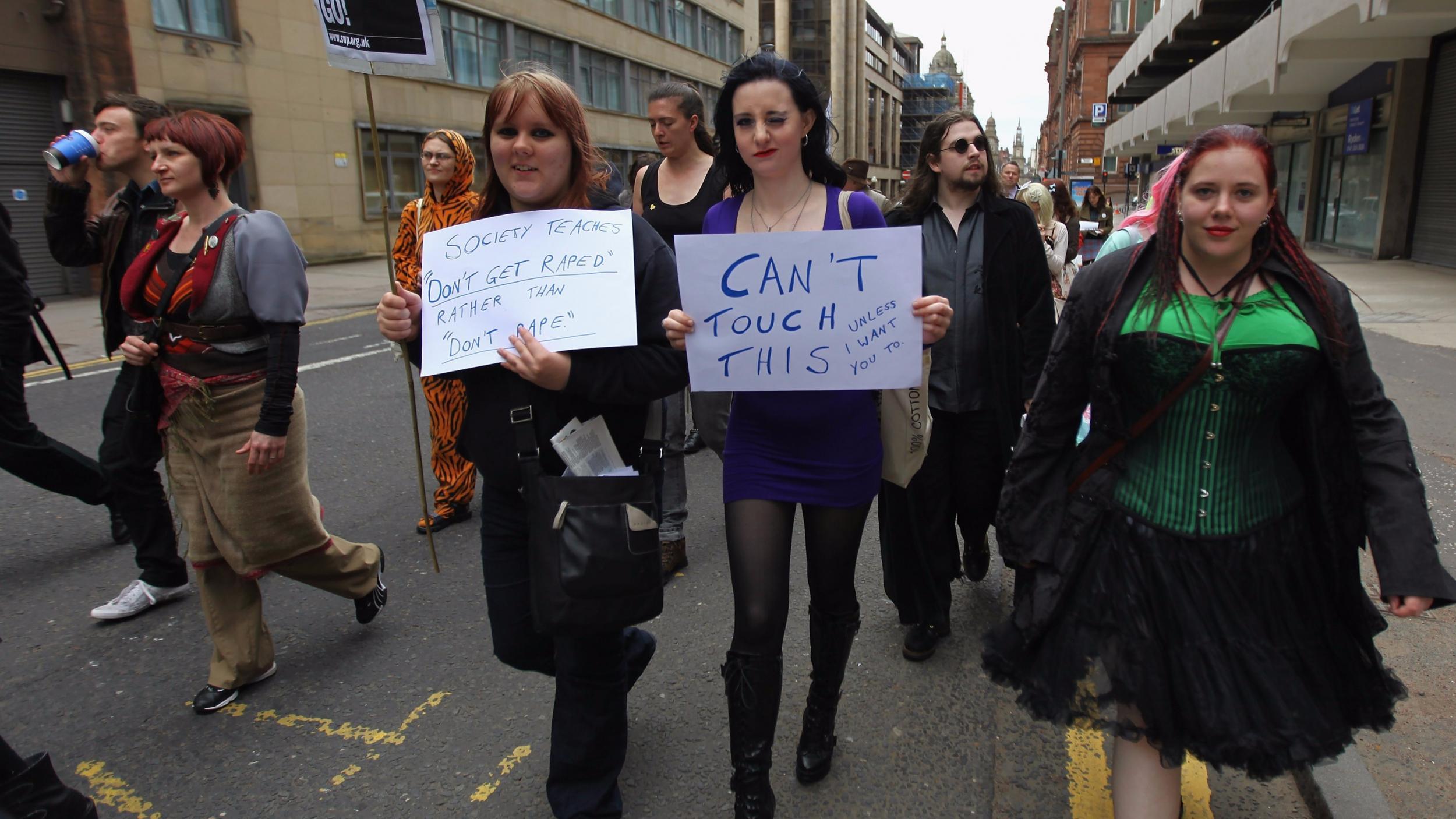‘Failures embolden serial rapists’: Police and courts plagued with ‘rape myths as convictions remain low’
Rape survivor says being cross-examined in court was ‘as traumatic as the rape’

Your support helps us to tell the story
From reproductive rights to climate change to Big Tech, The Independent is on the ground when the story is developing. Whether it's investigating the financials of Elon Musk's pro-Trump PAC or producing our latest documentary, 'The A Word', which shines a light on the American women fighting for reproductive rights, we know how important it is to parse out the facts from the messaging.
At such a critical moment in US history, we need reporters on the ground. Your donation allows us to keep sending journalists to speak to both sides of the story.
The Independent is trusted by Americans across the entire political spectrum. And unlike many other quality news outlets, we choose not to lock Americans out of our reporting and analysis with paywalls. We believe quality journalism should be available to everyone, paid for by those who can afford it.
Your support makes all the difference.Troubling misconceptions about rape pervade the police and courts as rape convictions remain low, a new report has found.
The study, carried out by leading women’s organisations, warned rape has effectively been decriminalised in the UK with only 1,600 prosecutions and 700 convictions taking place despite 55,000 rapes being reported last year.
Researchers unveiled “overwhelming evidence” rape cases are being dropped when they should not be - with some of these cases involving weapons and serious injuries, a suspect having been found to have been lying or multiple victims giving testimony against one suspect.
Harriet Wistrich, director of the Centre for Women’s Justice, who was involved in the report, said: “Our report reveals catastrophic systemic failures in the criminal justice system that embolden serial rapists and misogynists and abandon traumatised victims.”
The report, which was also conducted by the End Violence Against Women Coalition, Imkaan and Rape Crisis England and Wales, shone a spotlight on rapes cases which were dropped where the Crown Prosecution Service (CPS) has erroneously implied that “one word against another” with no other corroborating evidence can be the basis to close a case, despite this not being valid.
A rape survivor told researchers being cross-examined in court was “as traumatic as the rape, except with the added humiliation of a jury and a public gallery.”
Victims said they had highly distressing encounters with the criminal justice system after coming forward to report their rape - with black and minority ethnic (BME) survivors grappling with a slew of obstacles to justice because of institutional racism within the criminal justice system.
“Our society and our justice system must stop treating a certain amount of rape as inevitable and act to ensure there is a real prospect of justice when rape is reported,” the study’s authors said in a joint statement.
“The disastrous state of rape investigations and prosecutions is widely recognised and led directly to the government commissioning a review of the whole system last year. We are hoping this review will recognise the depth of the problems and not allow the key agencies to get away with a few superficial changes.”
Sumanta Roy, of Imkaan, an umbrella organisation dedicated to addressing violence against BME women, said there was no “quick and easy fix” for the problem but extensive research is needed to get to grips with who isn’t reporting sexual violence and why they are choosing not to do so.
She said: “Unfortunately many victim-survivors experience and perceive the justice system as a site of further harm and not justice. Myths about rape ‘litter’ the whole criminal justice system and for so many women these myths are bound up with prejudicial stereotypes about age, race, class and disability.
“Black and minoritised women tell us about the level of racism and sexism and other types of discrimination from police and juries; women from lower social-economic backgrounds are subject to a certain kind of attack on their credibility; and disabled women encounter attitudes that disbelieve they can be raped."
The report, which MPs will talk about on Monday, has been sent to the secretary of state for justice, Robert Buckland, who is in charge of a cross-government review of rape. Campaigners demanded a radical overhaul of the way police and prosecutors work and a special commission on juries among other things.
Amelia Handy, of Rape Crisis, said: “The figures are stark and send the clear message that women’s needs and rights, their safety, health and survival are not priorities. Time and again, overwhelming evidence of the huge scale and severe impacts of sexual violence and abuse are subsumed by fixation with so-called false accusations and the myth of their prevalence.
“Meanwhile, rape survivors are made to feel like the ones on trial, with their credibility repeatedly questioned and undermined. And they tell us of the trauma the criminal justice system, which is meant to work for them, too often inflicts instead.
“Where is the sense of urgency and determination from those responsible for our criminal justice system? When such a serious, violent crime as rape routinely goes unpunished, when the majority of rapists walk free, surely it is time for radical action.”
Experts have warned rape victims will be disproportionately affected by sizeable backlogs in magistrates and crown courts triggered by the Covid-19 pandemic.
Earlier in the month, the government announced almost £11m funding to support rape and domestic abuse services in the wake of demand surging in lockdown. But campaigners say this is not enough to provide “vital support over the winter months”.


Join our commenting forum
Join thought-provoking conversations, follow other Independent readers and see their replies
0Comments